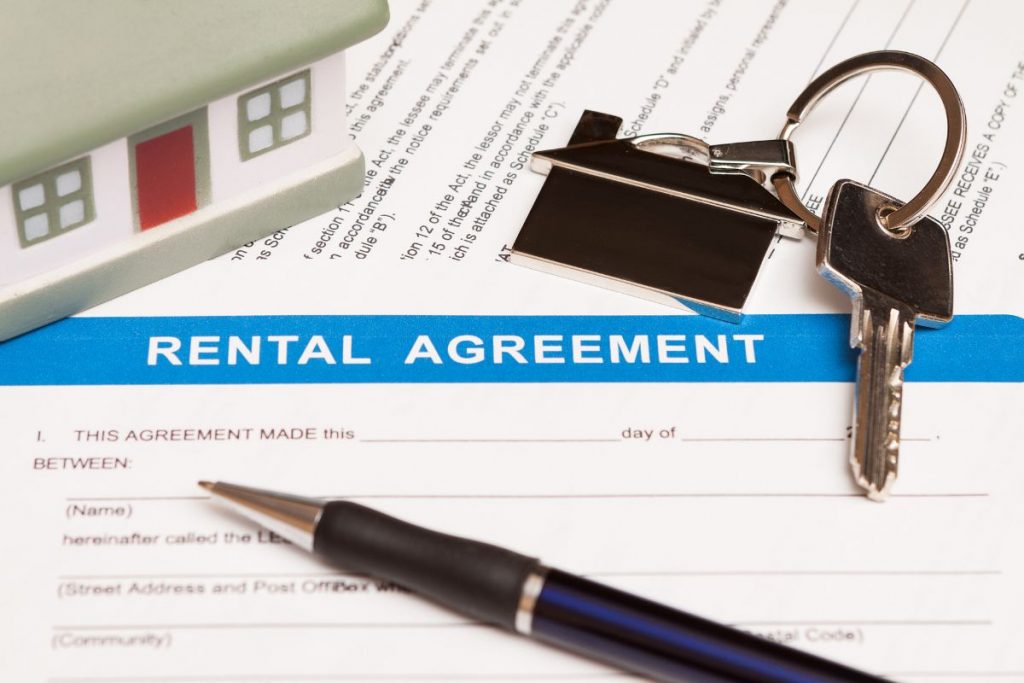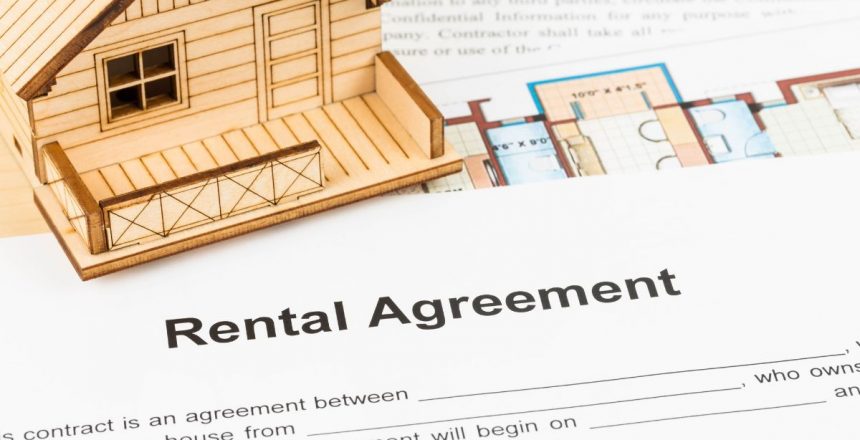Are you thinking of leaving your flat before your lease expires? Find out what the law in Dubai says about cancelling a tenancy contract early. We will go over the choices available to Dubai tenants who desire to end a leasing agreement early. We’ve covered all there is to know about rent rights in Dubai real estate. Know your rights as a tenant before leaving your place before the rent agreement expires. Consider the following procedures to ensure a smoother exit:
Get to Know the Dubai Rental Law
Have you made your final decision to vacate your leased residence before the contract expires? Consider it again, as there are no provisions in Dubai tenancy law that allow the tenant to quit the leasing arrangement sooner than the specified date.
According to Article 7 of Law Number 26 of 2007, the rent agreement legally binds both the tenant and the landlord. This legal document prohibits one party from terminating the arrangement. The agreement of both parties is required. Previously, tenants and landlords were required to provide 90 days’ notice to extend a rental contract under legal tenant law. However, with the implementation of Law Number 33 – 2008, the 90-day notice period was eliminated entirely. If any of the parties decides not to renew the contract, they will not be required to provide a 90-day notice period. With the revision to Dubai’s rental law, the terms and conditions stated in the contract take precedence.
Examine the Lease Agreement

Now that you’re familiar with Dubai rental law, look over the lease agreement again. Check your contract to check whether there is a termination clause or if the tenant faces penalties if the contract has been broken. If your landlord does not include a language like this in your lease agreement, you are not obligated by any law and can simply get out of it. All you have to do now is talk to your landlord about your plans. Have you considered what you’ll say to your landlord? The idea is to reach an agreement with your landlord and to be on the same side of the courts.
It is now time to negotiate with the landlord.
It’s time to meet with your landlord now that you’ve worked out the details of your lease agreement. Discuss your situation with them, including your genuine reasons for terminating the lease, your desire to relocate, and so on.
Negotiate with him to come up with a mutually beneficial exit strategy. The negotiation, on the other hand, will be solely focused on the agreement’s rules. You can alternatively pay the penalty or, if feasible, provide a new tenant to recompense the landlord for his or her loss.
Look for a replacement tenant.
Most landlords are willing to listen to your demands if you provide them a replacement tenant before you go. Landlords do not forgive tenants in such circumstances since they have a replacement on prepared to cover their losses. Nothing could be more ideal if your landlord agrees to your proposal. Before you go, begin looking for a tenant to provide the landlord with a replacement and a source of income.
If you can’t find a replacement, expect to pay a two-month rent penalty before leaving.
Factors Before Breaking a Lease Agreement in Dubai

Before ending a lease in Dubai, tenants should be aware of their rights and the following principles:
According to Article 15 of Law Number 33 – 2008, the landlord shall provide a rental property that is in good shape. The landlord should take every precaution to ensure that the rented property is in perfect condition for the renter.
Post-dated cheques are required for rental payments. Tenants must provide the same to the landlord. If the landlord does not wish to accept cheque payments, the tenant must deposit them with the Dubai Rental Dispute Settlement Centre. The department will handle the rest of the process.
A leasing contract is typically one page in length. However, the parties concerned can add an addendum to the lease contract to include extra terms.
Note: If you do not want to encounter later stage barriers and fines, it is essential that you carefully read the specified terms. It will also notify you of any annual rent increases.
What Should You Do When Your Lease Expires?
A tenant may remain in the rental property after the term has expired with the landlord’s agreement, according to Article 6 of Law Number 26 – 2007. The arrangement will be for a year or until the end of the current term. According to Article 13 of Law Number 33 of 2008, if the parties concerned decide to amend the contract conditions or revise the rent in order to extend the agreement, they must do so before the prior agreement ends. If they cannot agree on a period, the Court will decide the rent based on the criteria stated in Article 9 of Law Number 33 – 2008, which include the following:
The rent percentage increase will be decided by the RERA officials.
They will consider the economic situation.
They will also look at the condition of the property.
They will compare the average rent rates for similar properties in the rental market.

According to the RERA tenancy Law Number 33 – 2008, Article 25, landlords have the right to ask the tenant to leave early if necessary. To avoid being evicted unexpectedly, you should be aware of your rights and the specific situations that can lead to such a scenario.
- If the tenant does not pay the rent on time and does not do so for the next 30 days, the landlord can request eviction or penalty as per the clauses in the enclosed agreement.
- If the tenant sublets the property without the written consent of the landlord.
- If the tenant or his associates use the property for unlawful or immoral activities.
- If the tenant damages the property and makes changes that compromise the property safety.
- If the tenant uses the property for a different purpose than the one agreed upon in the contract.
- The landlord can request eviction if the tenant violates any of the clauses or rental law.
- When the property condition is poor and can even collapse.
- If the authorities order the property demolition or reconstruction.
- If the property is commercial, the landlord can request eviction if the business was closed for more than 30 days or ninety consecutive days without a valid reason. Otherwise, the tenant will be evicted.
The tenant may be asked to vacate the property by the landlord in any of the situations mentioned above. However, the landlord must inform the tenant about this decision through a registered mail or a Notary Public. Before you make your final choice, consider the suggestions given above and be aware of your rights. This will help you handle the situation with the landlord more effectively and avoid any additional penalties or legal actions.




